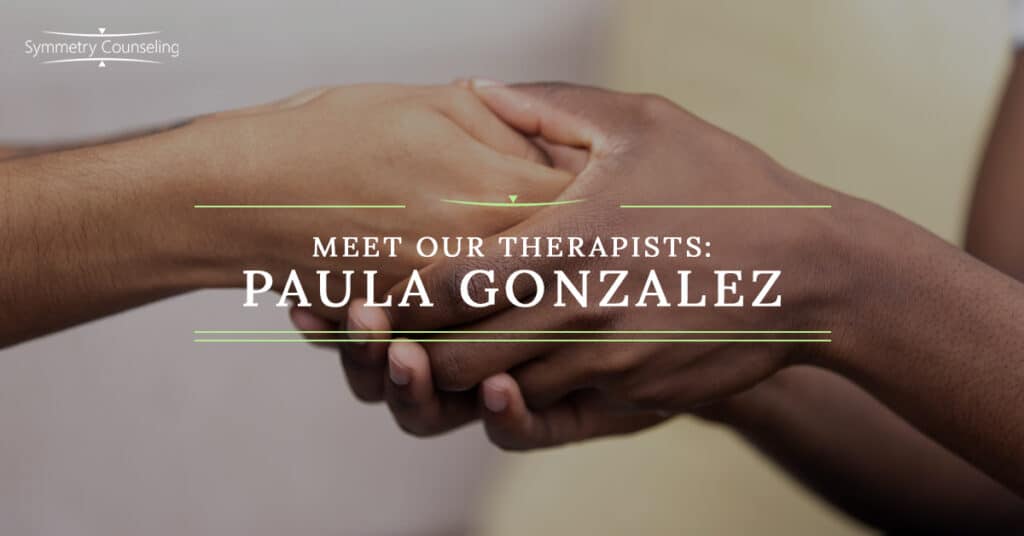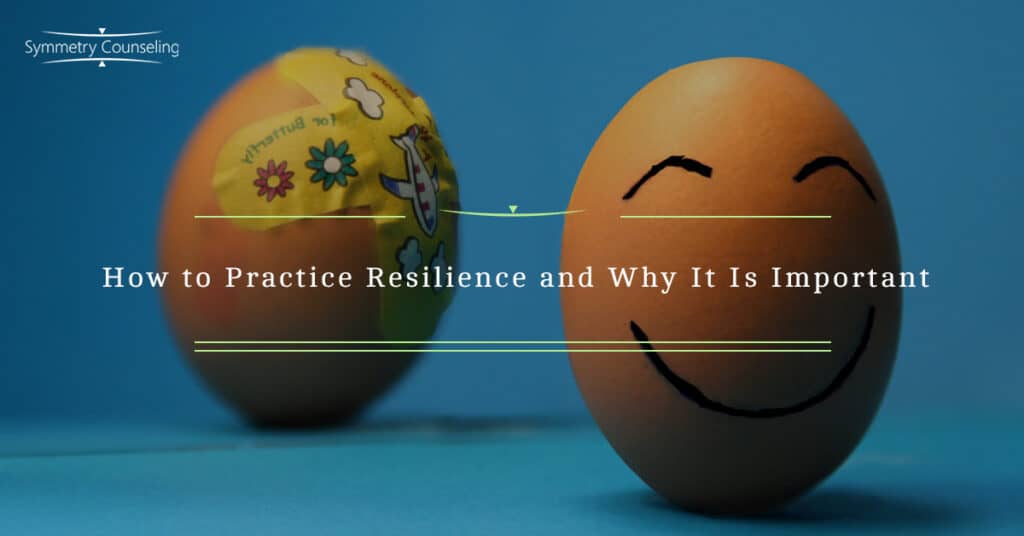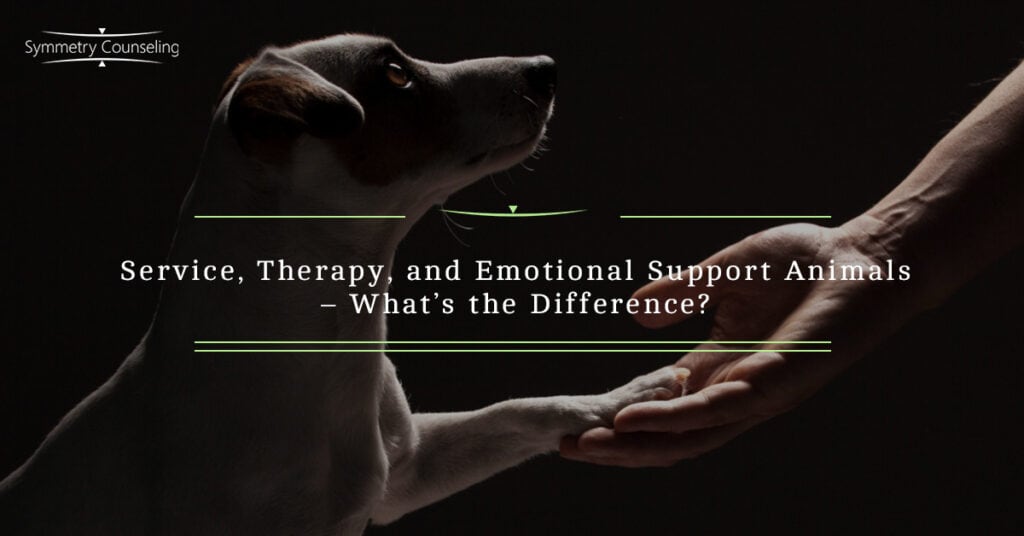Meet Our Therapists — Paula Gonzalez
At Symmetry Counseling, we are proud of our staff of highly trained and experienced licensed mental health professionals. In the above video, meet Paula Gonzalez, a Licensed Professional Counselor here at Symmetry Counseling. What made you decide to be a therapist? I knew I wanted to become a therapist at a very young age after…
Read More5 Simple Tips on How to Deal with a Difficult Coworker
I work with many clients who not only have stressful jobs, stressful personal lives, but that incredibly one stressful coworker. I have several clients who often discuss a stressful coworker or theirs. As their clinical therapist, my job is to help the clients to cope with this particular frustrating coworker. We talk about reasons why…
Read MoreQuestions to Ask Yourself When Unhappy at Work
Job satisfaction is often a key piece of feeling satisfied with your life as a whole. Of course, you want to feel good about your career and feel fulfilled when you come home after a long day at work. Unfortunately, that may not always be how you feel at the end of the workday. When…
Read MoreOvercoming Fear and Anxiety: What’s the Worst that Could Happen?
Andrew McNaughton, LCSW, CADC When we fall victim to our anxieties, we frequently neglect to identify the source of our fear. This hinders our ability to put any consequences into rational perspective. This is a blog on how to identify the source of our anxieties, and how to manage our thoughts and feelings by using…
Read MoreSpring Cleaning: 3 Simple Steps to Decluttering
Andrew McNaughton, LCSW, CADC Most of use have too much stuff, and probably do not use even a fraction of it. Our material possessions may bring us comfort and joy, and may even serve practical purposes that can help us be more productive with our time and effort. That said, most of it is probably…
Read MoreHow to Stay Connected With a Busy Partner: Building Stronger Bonds Despite Busy Lives
Long days, late nights, and conflicting schedules can create distance in even the most loving relationships. You might be asking yourself how to stay connected with a busy partner when every week feels like a puzzle of meetings, deadlines, and responsibilities. Yet connection is about how you spend that time. Couples who commit to intentional…
Read MoreHow to Practice Resilience and Why It Is Important
I work with many clients who are struggling to practice resilience after experiencing an event that was stressful at their job or perhaps even a traumatic event in their personal or professional life. As their clinical therapist, I help them find ways to cope with this life transition. Some clients also truly struggle with the…
Read MoreBlind To Red Flags
Madissyn Fredericks, Licensed Professional Counselor, Symmetry Counseling As we enter into a new relationship, we tend to find ourselves under a spell called infatuation. Your significant other appears to be perfect, says and does all the “right” things, you can’t get enough of each other, and you feel head over heels in love. While this…
Read MoreService, Therapy, and Emotional Support Animals – What’s the Difference?
Amanda Gregory, LCPC, EMDR When you see an animal board the cabin of a plane or walk into a public building with a “no pet” policy, you know that this animal is special. They are not your average pet, but what do you call them? Are they a therapy animal, a service animal, or an…
Read MoreHow to Find Meaning Out of Shame
I work with many clients who struggle with their self-esteem related to shame they feel either related to their professional or personal life, or perhaps even both. My job as their clinical therapist is to help clients understand the reasons where their low self-esteem is stemming from. After doing that, I help provide the clients…
Read More





